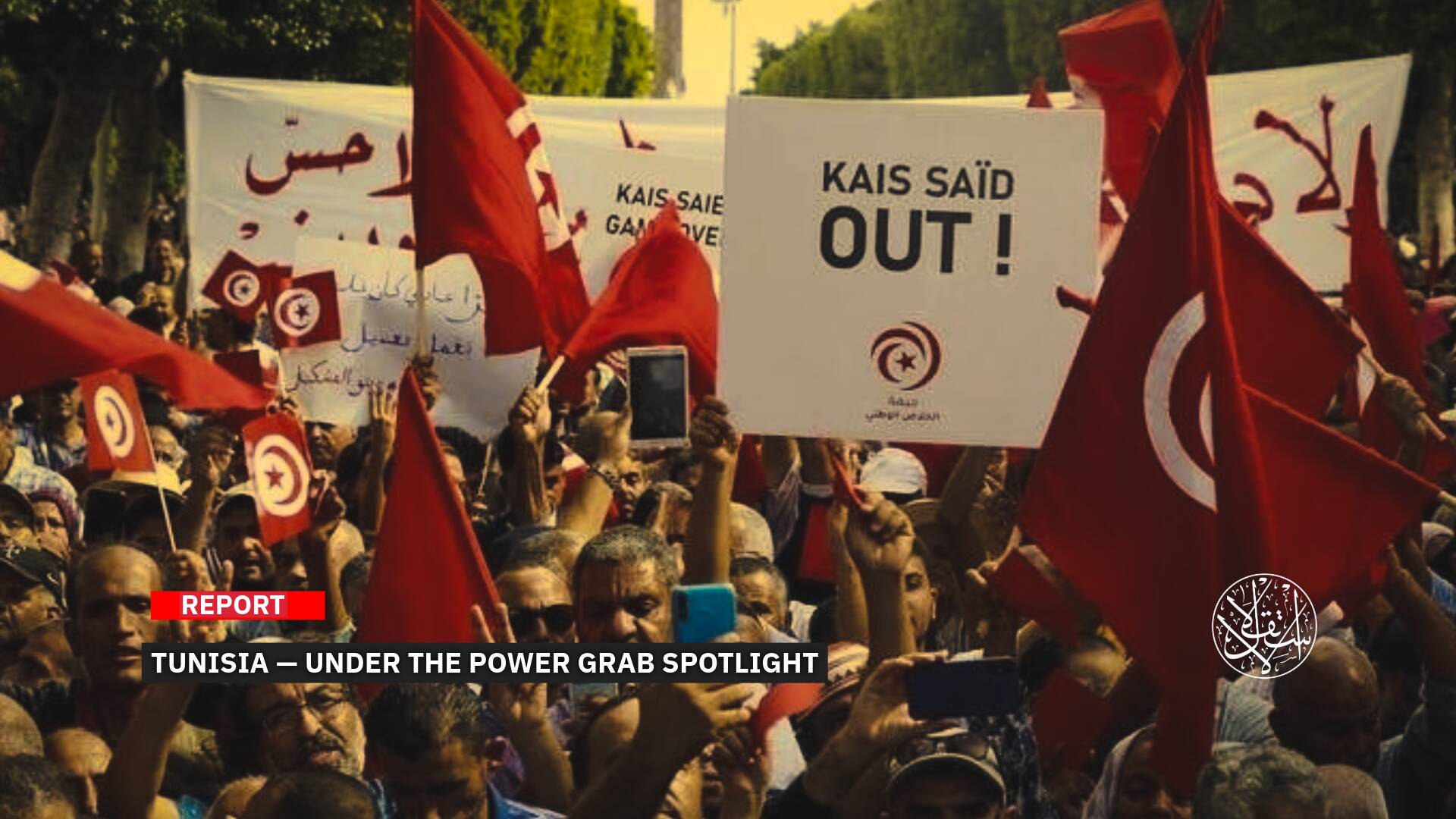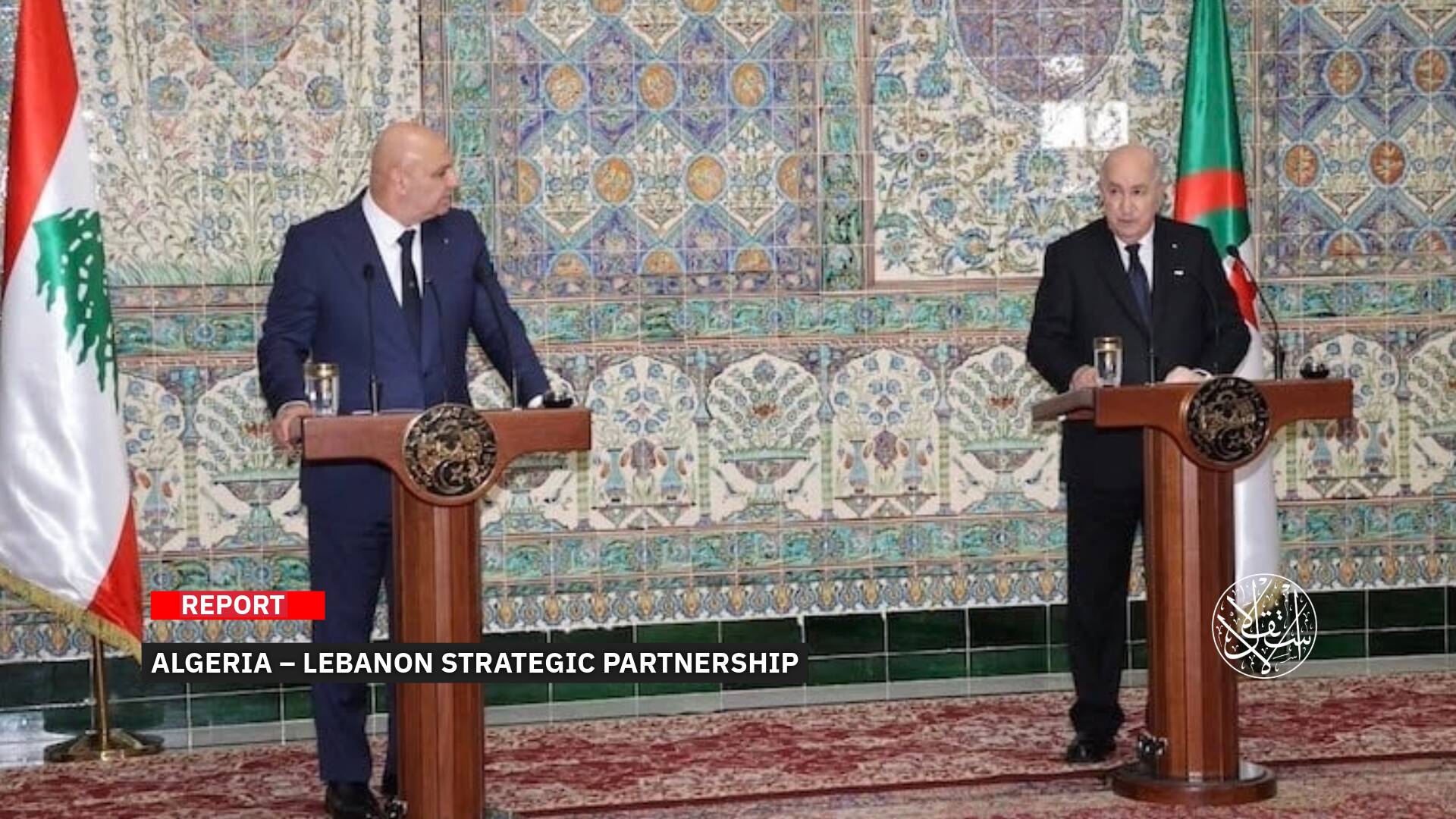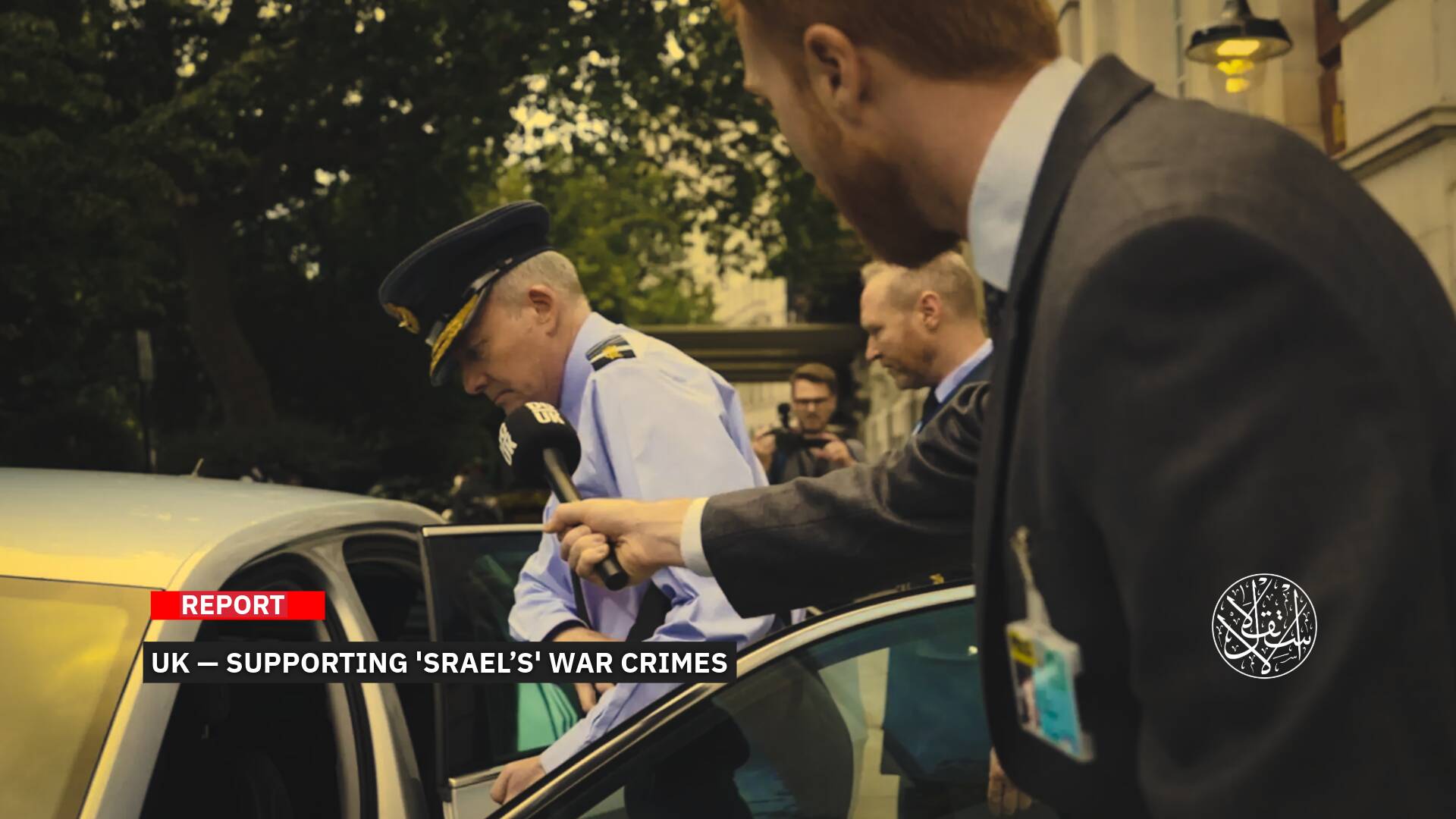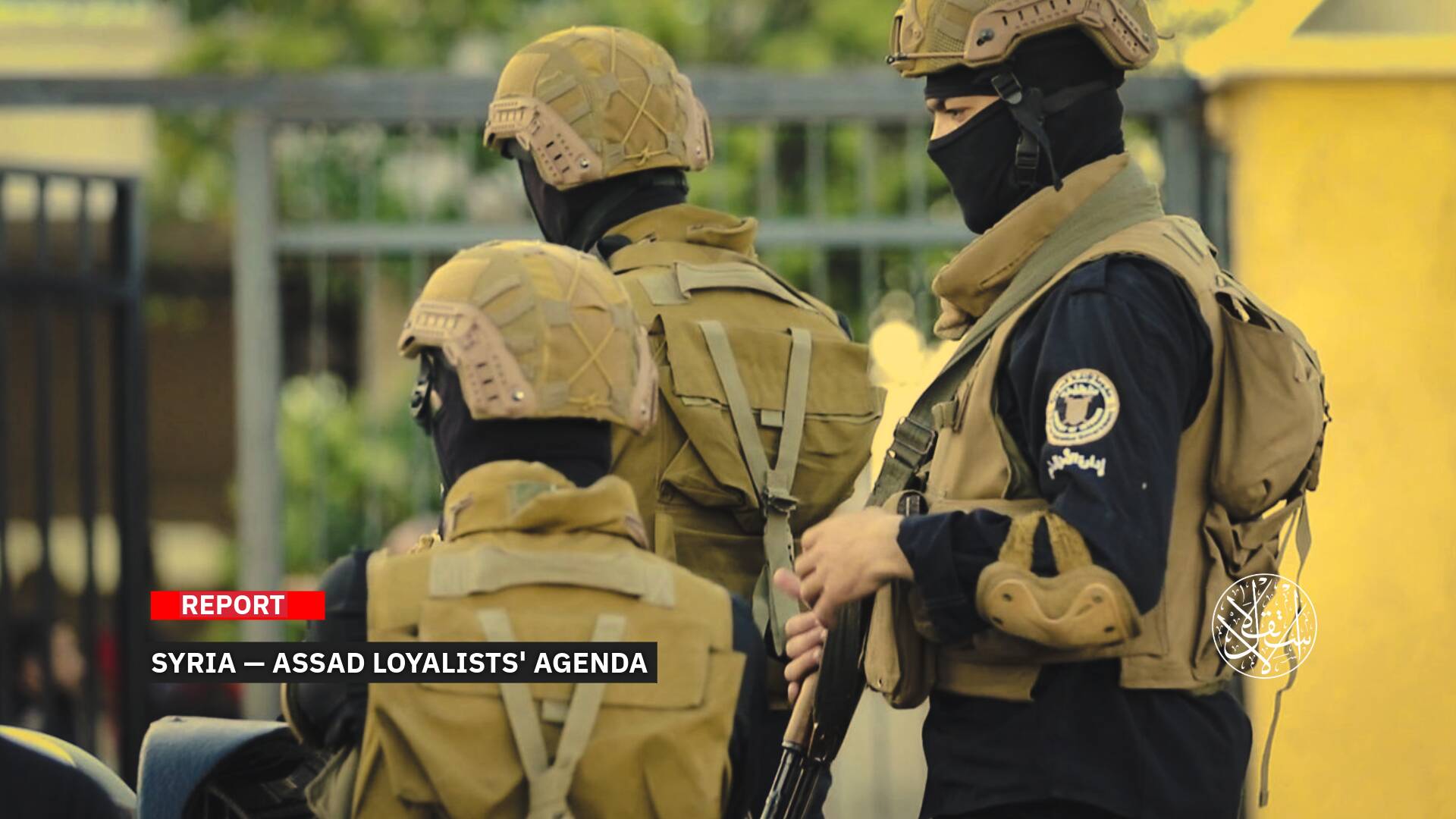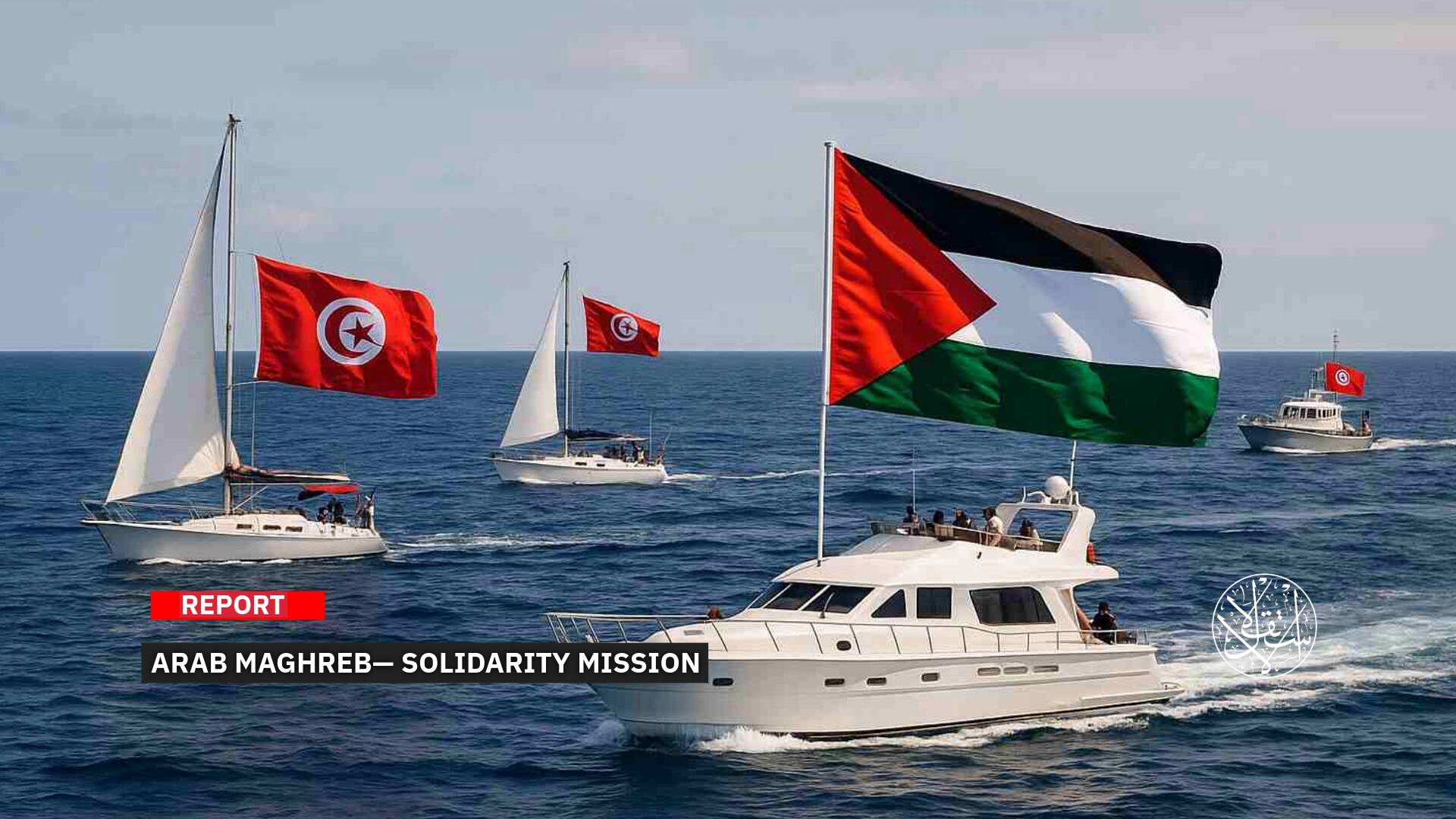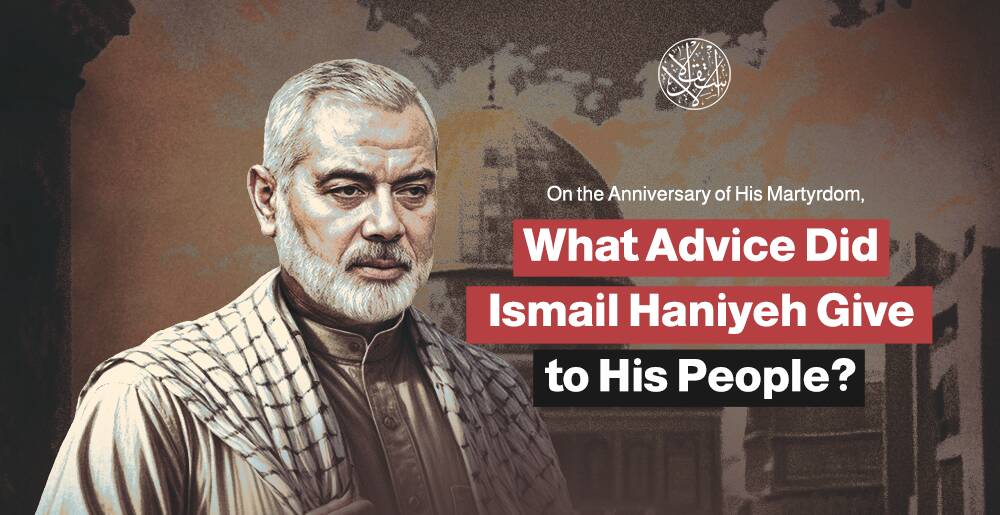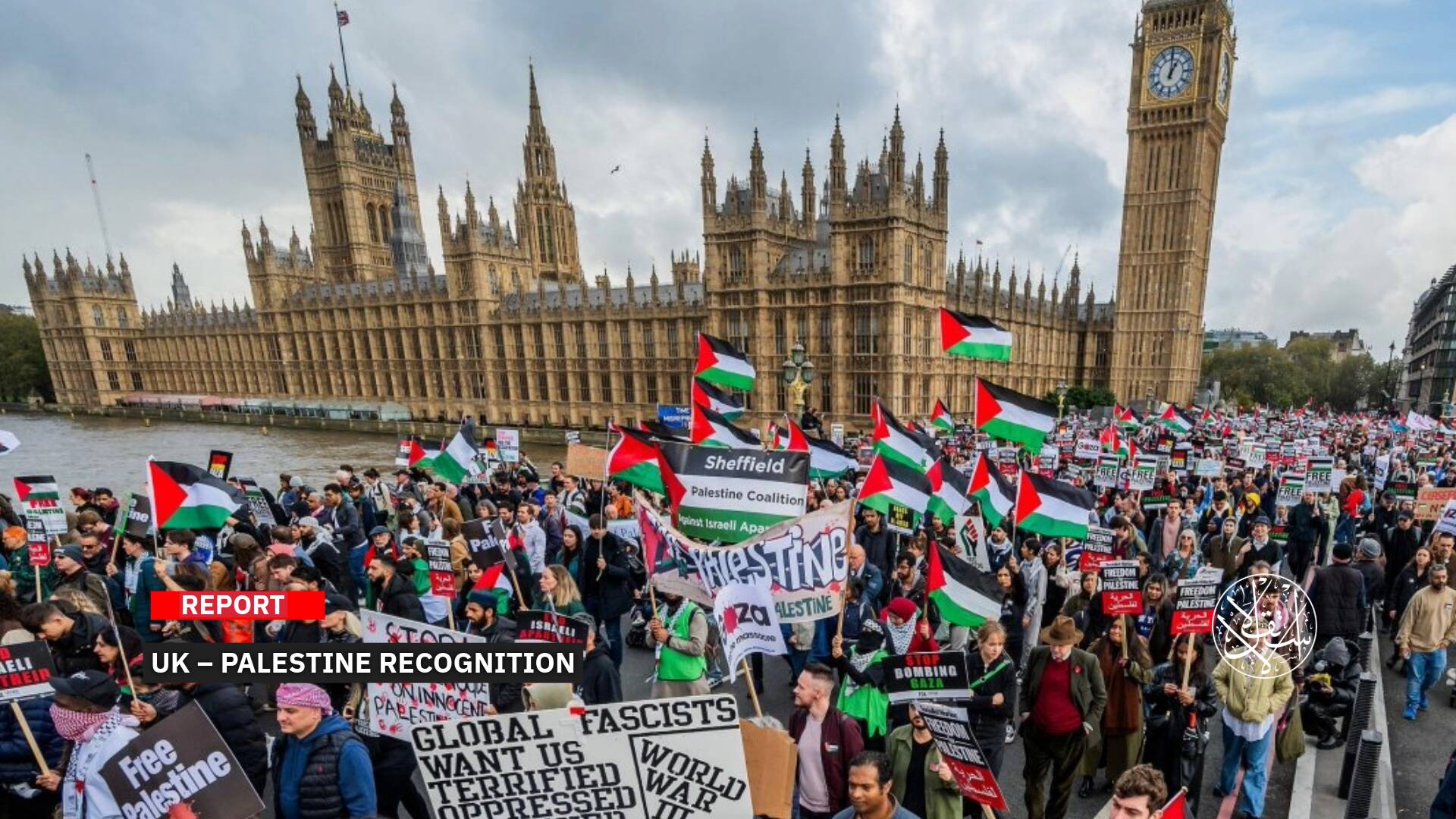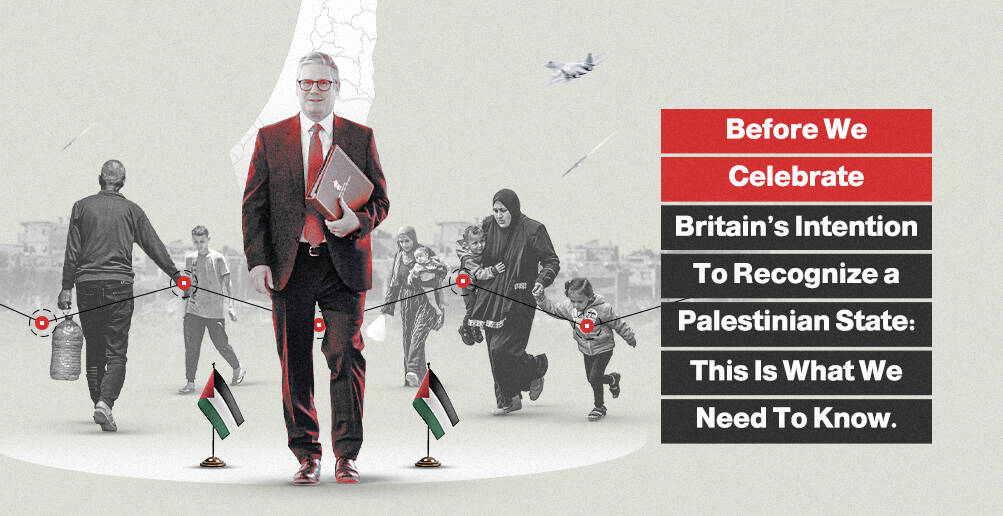Morocco Started Building a Port in Sahara threatening its Relations with Mauritania
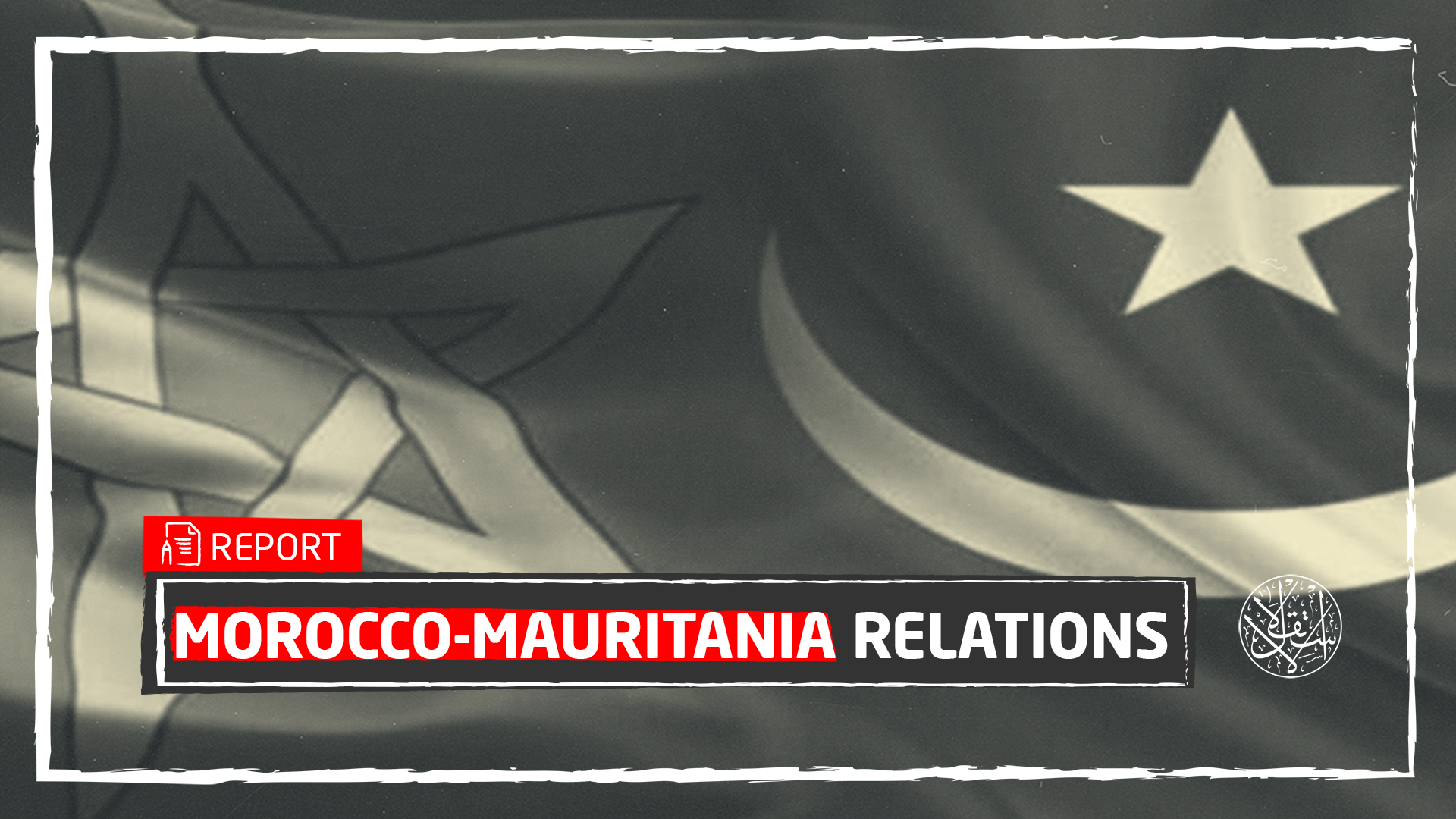
Morocco has begun the building work on the Atlantic port ''Dakhla’’ in the Western Sahara region, and has announced that it is ready to establish two other ports south of Al Dakhla : “Amheris” and “La Quora”.
Morocco imposes control over an area that was within the isolated zone and also imposes strong competition on the Mauritanian port of Nouadhibou.
The moroccan website Al Sahifah revealed that during the recent Mauritanian-Moroccan rapprochement, it was argued no for restriction of the port of Nouadhibou, which is an important source to the country's economic growth .
Did the Mauritanian attitude about the "Guerguerat crisis" push Morocco to retreat? Will this create a new crisis between the two countries?
Mauritanian press reports described the position of Nouakchott as "weak" because it is a party affected by the crisis, as Mauritania's food imports from Morocco cross over from "Guerguerat".
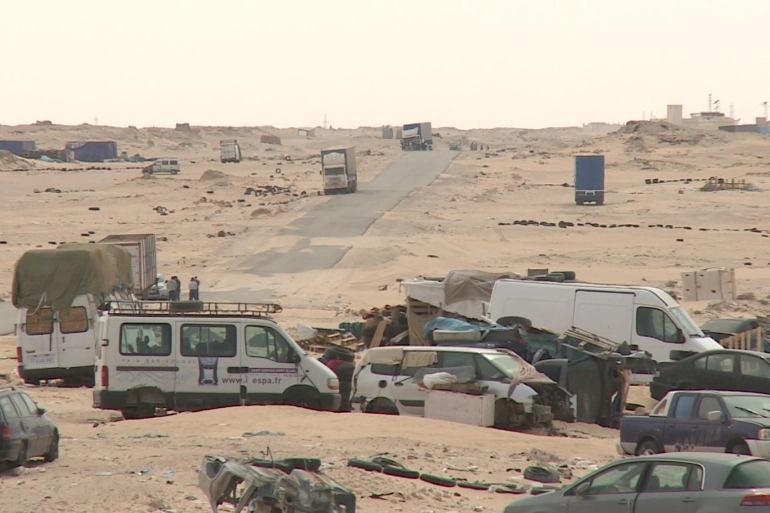
Unstable Relationships
The debate raged in November 2020, in Mauritania and Morocco, due to the authority’s attitude in Mauritania when tensions between Morocco and the Polisario Front deepened .
Front elements obstructed Moroccan trucks to cross to Mauritania through the "Guerguerat" crossing, which is an economic road linking Rabat to several African capitals, and it is the only one between the Kingdom and Nouakchott.
After the outbreak of the crisis, Mauritania announced the follow-up of the deepened tension between Morocco and the Polisario Front, on its northern border in the Guerguerat region, with "great concern."
Days after the Moroccan army moved, the President of Mauritania, Mohamed Ould Sheikh Al-Ghazwani, sent a letter to King Mohammed VI of Morocco on November 17, 2020, in which he expressed his care to strengthen his country's relations with Rabat and develop cooperation between them.
In February 2021, a special source for the Mauritanian newspaper “News Info” expected that his country's government, before the end of the current presidential term, would announce the withdrawal of recognition of the Polisario Front.
On March 31, 2021, Algerian President Abdelmadjid Tebboune received the Minister of Foreign Affairs and International Cooperation and Mauritanians abroad, Ismail the son of Cheikh Ahmed, in a Maghreb tour that was expected to start from the Kingdom of Morocco, before it was canceled without mentioning the reasons.
The date of the canceled visit coincided with another visit made by officials from the Polisario Front to Mauritania to meet Al-Ghazwani, about the latest developments related to the situation in Western Sahara.
The meeting put the Moroccan-Mauritanian relationship in the circle of mystery again, while reports went to "the existence of Algerian pressure on Mauritania to change its neutral position on the Sahara issue."
Mauritania stresses on every occasion that it tends to "positive neutrality", according to the Mauritanian description, and stresses that its position on the conflict in the Sahara aims mainly to work towards finding a peaceful solution to the issue that avoids the risk of deepening tension in the region.
Mauritanian press reports described the position of Nouakchott as "weak" because it is a party affected by the crisis, as Mauritania's food imports from Morocco cross over from "Guerguerat".
Crisis on the Horizon
In an article for the independent Mauritanian News Agency, the specialist in natural resources, Rabban Al-Hussein Al-Kharashi, said that the new Dakhla port project, which has an estimated cost of about $ 1.1 billion, seeks to achieve several developmental, geopolitical, and even security goals through its establishment.
On top of which is evading the "gujarat" pincers, and direct communication with Africa like no one did before. The project is a natural response from the Kingdom to the strong regional competition of maritime transport.
Al-Kharrash believes that the Atlantic Port of Dakhla project does not serve Morocco alone. Rather, the United States of America relies on it to implement the "Prosper Africa" initiative, which is based in the Kingdom office.
It plans to allocate $ 5 billion of investments in Morocco, and in the whole region, especially in sub-Saharan Africa, which will strengthen Rabat's role as a gateway for US investments in the continent.

He pointed out that Washington's strong return to the region through its traditional ally Morocco, may not only be for commercial and economic reasons, but also for security and geopolitical reasons, and it may enable the port to advance monitoring of the growing role of China and Russia in the continent.
The article stated that Mauritania is located at the crossroads of the region, and can exploit the strategic location of the Nouadhibou Free Zone, open to Africa, the Arab world, and Europe.
And this is by linking it to the Road initiative by establishing a multi-purpose deep-water port, with a regionally competitive capacity, with the possibility of future expansion when needed to turn the region into an economic corridor, and an export storage area first, and secondly, targeting mainly regional and then global markets.
The Mauritanian journalist, Mohamed Salem Mohamed, said that no official statement has yet been issued by the Moroccan authorities concerning Lagouira, considering that "the matter is not yet more than a media bang practiced by some Moroccan media for confusion."
This is in view of what can be considered Moroccan discontent with Mauritania's practice of its sovereignty and its independent decision regarding the conflict in Western Sahara, as well as the opening of another discussion that distracts Moroccans somehowt from the Moroccan normalization issue, which represents a painful setback for Arab solidarity with the Palestinian cause.
And he went on to say in a statement to Al-Estiklal, "In general, Mauritania will not accept the establishment of any facility in Lagouira from Morocco or elsewhere, because it is a purely Mauritanian region, and this Mauritanian position is definite, it will be always mentioned clearl, whenever Morocco tries to ignore the present facts."
The spokesman added: "Practically speaking, Lagouira is only part of the Oued Ed-Dahab region, including the city of Dakhla, which is Mauritanian territory under the Madrid Agreement, which is well-known, although one of the former military regimes ruling Mauritania abandoned and withdrew from these lands at the end of the seventies and this enables Morocco to occupy it and impose authority. "
Salem stressed that "the situation now is in the region of Lagouira, is a special situation, as it is a Mauritanian region, neither desert nor Moroccan, and no one can establish any thing on it without a Mauritanian permission, which cannot be expected, because Mauritania has an important platform for National Mauritanian Security".
"Unbalanced" Estimation
Hicham Berjaoui, a professor at "Cadi Ayyad University", in Marrakesh, Morocco, said that the King of Morocco, Mohammed VI, called on more than one occasion to launch major investment projects in the desert.
In addition, in 2016, that is, more than 5 years ago, the Economic, Social and Environmental Council, which is the constitutional institution specialized in expressing opinion on public policies and contributing to their creation and evaluation, issued a report containing a new development model for the southern Moroccan regions.
The spokesman explained to Al-Estiklal that in its diagnosis of state policy in the desert, the aforementioned council noted that the state encourages tribal loyalty and strengthens social cohesion by distributing direct subsidies and public jobs to Sahrawis.
The professor of international relations continued: "But the necessity to maintain maroccon economic balances and limit exaggerated job opportunities within government sectors on the one hand, and the international developments in the Sahara issue, especially after the American recognition of Morocco's sovereignty over it, on the other hand, they are all influences of the same strategic type . "
These influences stimulate the injection of new breath into the state's policy in the desert, by rationalizing direct public support, developing infrastructure and building basic equipment, in order to encourage the private sector to exploit the investment opportunities that the desert domain is full of, according to him.
Berjawi stated that the construction of basic equipment, including roads, railways, ports and airports, and the settlement of public health and educational facilities, among others, are tools for implementing a new vision about the Sahara, which aims to integrate it into the Moroccan economic system, in partnership with the private sector and with Morocco's international partners, as well as giving it an important role in Implementation of the African policy of Morocco.
As for the claim that the construction of the port of Dakhla, which Morocco announced its intention to build years before the events of Guerguerat, may present a restriction on the Mauritanian port of Nouadhibou, ”it seems that there is an unbalanced estimate of the facts, he said.
On the contrary, he believed, the port of Dakhla would contribute to strengthening economic and trade cooperation between Morocco and Mauritania, as well as being an appropriate opportunity to mobilize and consolidate the resources of the two neighboring countries for the sake of beneficial bilateral relations for both.
With or Against
In turn, Khaled Al-Shiat, professor of international law and international relations at the University of Muhammad I in Boujda (eastern Morocco), considered that building the port of Dakhla is a purely national strategy, and it was mentioned by the king of the country in one of his speeches some time ago.
He believed that the matter is within the royal plan for the development of the southern regions, which was developed years ago within the framework of the economic system related to the political system to implement the expanded regionalism or the autonomy of the southern regions of Morocco.
The spokesman told Al-Estiklal that the project is internal and aiming at balancing the regions within Morocco and developing these regions, which are among the most strategically important regions, especially implementing the Moroccan strategy in its relationship with the African space in general.
Shayat believed that in bilateral relations with Mauritania, the latter did not express agreement concerning its relation with Rabat, not only on the political level but also on the economic level, as it did not express harmony, consensus and ambition for joint economic development, and Morocco cannot wait indefinitely for relations to be improved and at a good level.
The international relations expert believes that Mauritania's political stances are balanced and go hand in hand with its strategic relationship with Morocco, which is considered a natural geographical extension and a direct neighbor, but its behaviour did not prove that.
He added : Everyone knows that the Maghreb Union project witnesses decline, but rather clinical death, and therefore Morocco is betting on the internal national side and the development associated with an independent state far from regional stakes.
According to the spokesman, Mauritania has not been stable in its relations with Morocco except in a few stops, and it is often balanced by its relations with Algeria, and this, according to the expert in international relations, "is no longer satisfying Morocco at all."
Chiat said that: In the Moroccan-African strategy, the land crossings with Mauritania are important in an initial stage, but they may lose this importance at the level of building these ports, which could make them marginalized based on the strategy of Rabat.
At the same time, however, the university professor did not rule out that it would be a major stop in this path, as the matter is related to the opening of a new dialogue between the two countries for general strategic thinking and for joint action in the coming years, which seems to be in the hands of Mauritania since there is a way at this stage at least. .
Before concluding: Otherwise, Morocco is determined to extend and evaluate its policies unilaterally far from any form of cooperation from countries that have not expressed their desire to participate in these years, which are the builder, pivotal, and founder of a general Moroccan strategy in Africa and the rest of the world.


